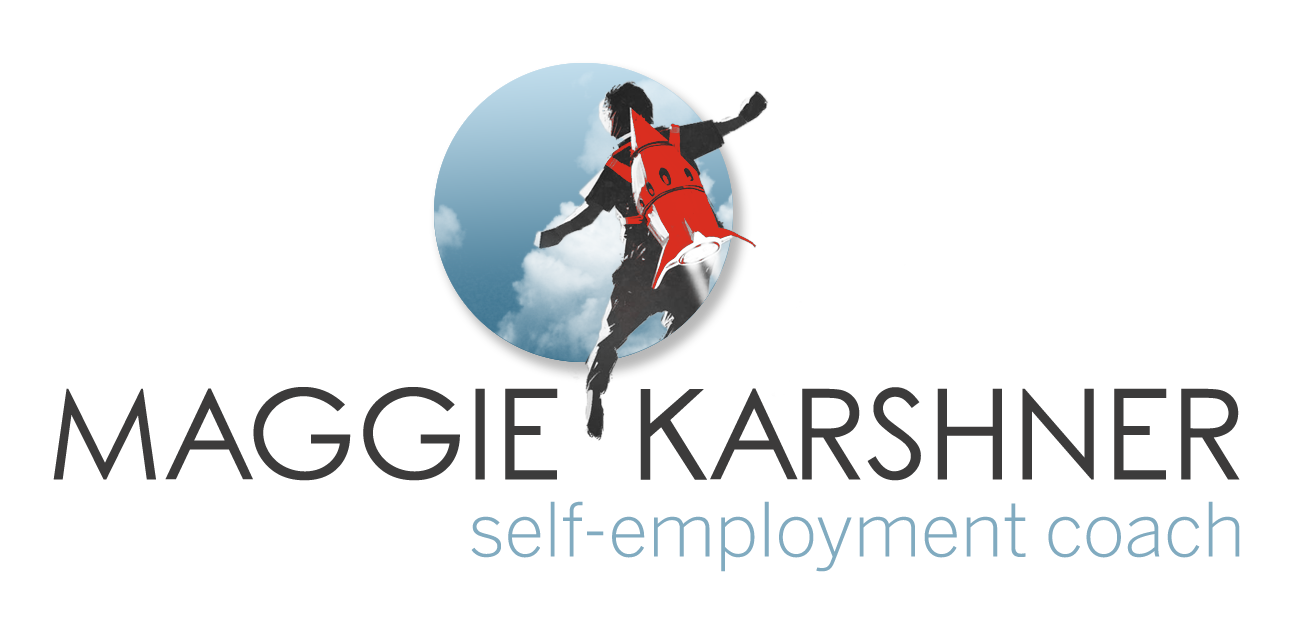Blog Articles Begging to be Read: 3 Secrets to Strengthen Your Titles
/How do you get people to read your blog article? Strong writing and telling people you've published a new one are pieces of it. But that's not the end of it! Your article's title is important for encouraging people to read it. An engaging title increases the reader's interest in a topic that they're, hopefully, already interested in. It's also how search engines understand what your article is about. This is key to how a search engine ranks your article in search results. But what makes a good title?
Each search engine and platform will preference certain things, but there are some general universals. Likewise, humans vary widely and will connect to different things differently. And we're more alike than we are different. Here are the three main things to consider. (If you want a full how-to, check out The Launch Pad.)
1) Statements are dull.
I know it can sound intelligent or clever to mimic other famous titles. An homage to "On the Origin of Species" feels like it's a good idea. Unfortunately, the internet doesn't care about hot topics from 1859. We connect with titles differently when perusing the World Wide Web. Even over the last couple of decades, there has been immense change. We've experienced the rise (and fall!) of clickbait. Nowadays, we're inundated with highly refined crack levels of marketing titles. Your title needs to pique the reader's interest. (And if you follow through with your promise, then it won't be clickbait.) How do you do that? Here are three key ways:
Make it a list.
Ask a question.
Use "because" or "how to" to imply the answer to the question they have.
The tactics might seem salesy, but there's a reason for it. It's because they work! Are they also overused and abused? Yes. But you have the power to make the title make sense for your article, and that will actually make it a better title!
2) Short is not sweet.
Titles can be too long or too short. I notice in myself and my clients that we tend to default a bit short of what will work well. Not having a long enough title means there's less information for your human reader to latch onto. Not to mention, you might really leave the robots guessing. Even with AI, computers don't know how to understand things if you don't give them enough to start with!
This doesn't mean we want to string many long concepts together. The title still needs to focus on a single topic and its relevance to the reader. What we're looking to do is give the reader the emotional impact they need. We want to increase the descriptive words and clauses towards that end. How do you pick emotionally impactful words? So glad you asked...
3) Power words pack a punch.
There's not a secret list of marketing words that rewire the reader's brain and get them to do what you want. There are words that have more emotional weight than others. Marketers call these Power Words. Find yourself a list of them and start using one or two in every headline.
A Title is a Process
Take the time to really consider a strong title. I frequently set a working title for my article while I'm drafting it. This simple, dull phrase focuses my writing process. It almost never becomes the published title. Before I publish, I take time to craft a strong title.
I go into the whole process in The Launch Pad, but here's a quick illustration. My June 2025 article had the working title: 2025 Biz Plan Series - June = Operational Plan . If you read that article, hopefully it makes sense why that was my working title. It's not my final title because it's not going to entice someone to read it. Even if they're really into operational plans, this isn't gonna work. The reader needs to get a hint of what they're going to get from reading it. Or what makes this different from other stuff they already know? There needs to be more substance and more emotional hooks.
The published title became: How to Do It All (Without Doing It All): Streamline Your Solo Business. "How to" promises what the reader will get from this article. "Do it all" is a powerful concept, as is "streamline." You'll notice it doesn't include "operational plan" in the title. Instead, it describes the outcome of a good operational plan. The reader wants that outcome more than being able to check the box for having an operational plan.
Take your time to intentionally craft a title for your article. This is key for your articles actually doing what you intend them to. Whether those goals are encouraging your community to read the article, enticing strangers to read the article, or helping a search engine rank your article appropriately. A little effort on your title will go a long way!




